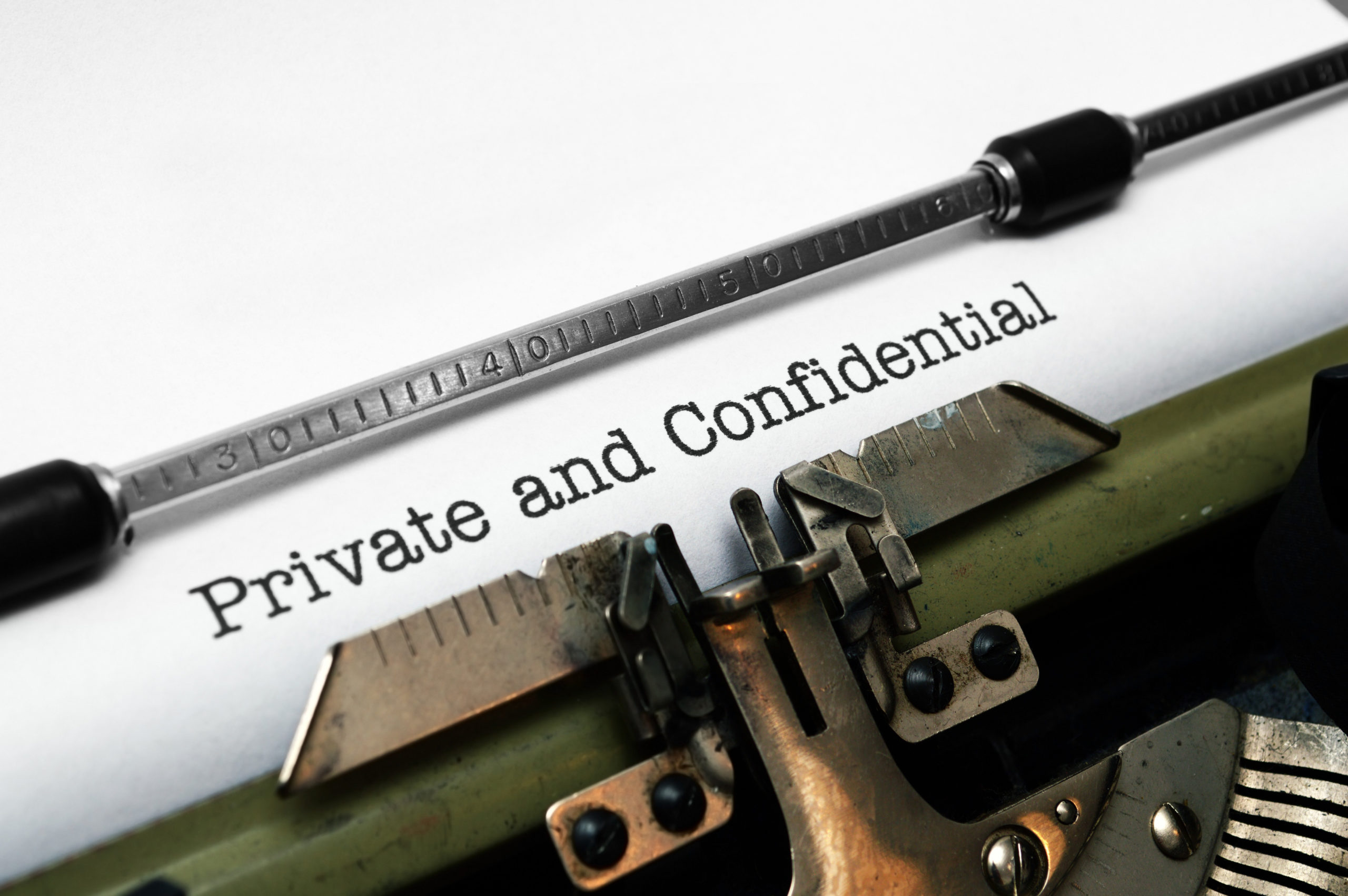Sensitive Compartmented Information Facility for Corporate Entities
With today’s impressive technology, maintaining privacy requires extra measures to keep out unwanted intruders. Learn more about Sensitive Compartmented Information Facility (SCIF) rooms and how they can help improve your corporation’s security.
What Is a SCIF Room?
A SCIF is a room or structure where sensitive information can be discussed or stored with minimal security threats. SCIFs prevent eavesdropping and other intrusions on sensitive conversations or files. They are most commonly used in government buildings.
Having a SCIF or modified SCIF room is becoming standard practice in corporate business. A SCIF should be:
- Secure. These rooms should be impenetrable to radiofrequency (RF) emissions.
- Private. There should be no contact with anyone outside the room. A hard landline and secured networks with no Wi-Fi are two important parts of a SCIF.
- Soundproof. No one should be able to listen in from outside and vice versa.
SCIFs are highly effective at protecting sensitive information, whether spoken or electronic.
What Are the Classifications of a SCIF?
There are six main SCIF classifications. These include:
- Secure Working Area (SWA): Employees can discuss and process sensitive information in an SWA, but they cannot store information or documents there.
- Temporary Secure Working Area (TSWA): A SCIF is a TSWA when a company uses it for 40 hours or less per month.
- Temporary SCIF: A company uses a temporary SCIF for emergency or tactical uses only. While a TSWA is for regular use, a temporary SCIF is only for when an immediate need arises.
- Open Storage: Employees can openly process sensitive information and leave documents out during off-hours.
- Closed Storage: Employees must keep sensitive documents and information in secure company-approved storage during off-hours.
- Continuous Operation: The SCIF is constantly in use with 24/7 staff and operations.
What Is the Difference Between a SCIF and a SAPF?
The difference between a SCIF and a Special Access Program Facility (SAPF) lies in what each facility keeps safe. A SCIF keeps sensitive information and the systems that house that information secure. A SAPF protects special access programs and security management systems for operations that require additional security.
How Are SCIFs Helpful for Corporate Applications?
As the demand for SCIFs increases in corporate America, it is important to understand how your business can benefit from a SCIF. These rooms eliminate eavesdropping and infringement so you can feel secure when working with high-profile information. There are several ways to work around regular office security, but a SCIF creates an ultra-secure location for conversations and data storage.

How Do You Make a SCIF Room?
You may encounter a few issues when handling sensitive information in your office, including RF waves, connections and visual privacy. Some standard solutions to make a modified SCIF are:
- Window films. RF and infrared (IR) window films protect you from electronic data theft. Window films contain the signals and prevent virtual intrusions.
- RF foil. RF foil adheres to drywall to contain RF signals. It also helps with soundproofing the room.
- RF paint. Similar to RF foil, this paint works on doors, floors and wooden trim. You can also apply it to exterior surfaces.
- Window treatments. A SCIF can have windows, but coverings add a layer of visual privacy. Blinds, roller shades and adhesive film are all accessible options.
- Computers and devices. All computers should be hardwired and removed from the Wi-Fi. A MAC to IP correlation will keep unwanted devices off the network.
You can make a SCIF room by following these precautions and ensuring outsiders understand your need for privacy.
Can a SCIF Have Windows?
It should be impossible for an outsider to look inside a SCIF and gather information, so most companies choose to have a facility without windows. If a SCIF has windows, the facility’s design should include measures to eliminate a clear line of sight into the room.
What Is Allowed In a SCIF – Policies and Procedures

When using the SCIF, there should be clearly outlined security policies and procedures to maximize security. No unauthorized electronic devices should be permitted as they can be used to record and take photographs, thus compromising the safety of the SCIF.
Also, no one should bring up the information discussed or reviewed in the SCIF outside of the room. Classified documents cannot leave unless they are being transported from one SCIF to another. Enforcing these rules will help maintain the room’s function of preventing any data leakage.
How Long Does it Take to Build a SCIF?
The timeline for building a SCIF depends on your company’s specifications. External factors can also affect the building time, such as processing permits, getting accreditation and receiving government approval. Most projects will take at least six months from start to finish.
What Is the Cost of a SCIF?
The cost of a SCIF depends on various factors, including which type of facility your company requires. New ground-up constructions will cost more than renovating a room or building a modular facility. Regardless of your construction type, several crucial SCIF requirements drive the cost, including:
- Acoustic and visual protection controls.
- Electronic access control systems (ACS).
- Intrusion detection systems (IDS).
- TEMPEST security compliance.
The best way to mitigate the cost of a SCIF is to decide on your facility’s minimum requirements. Decide which features are essential for keeping your information secure.
Build a SCIF in Long Island With Silent Guardian Security
We have the technology to keep your information protected. Request a quote today and learn how we can create an impenetrable security system for your business!
